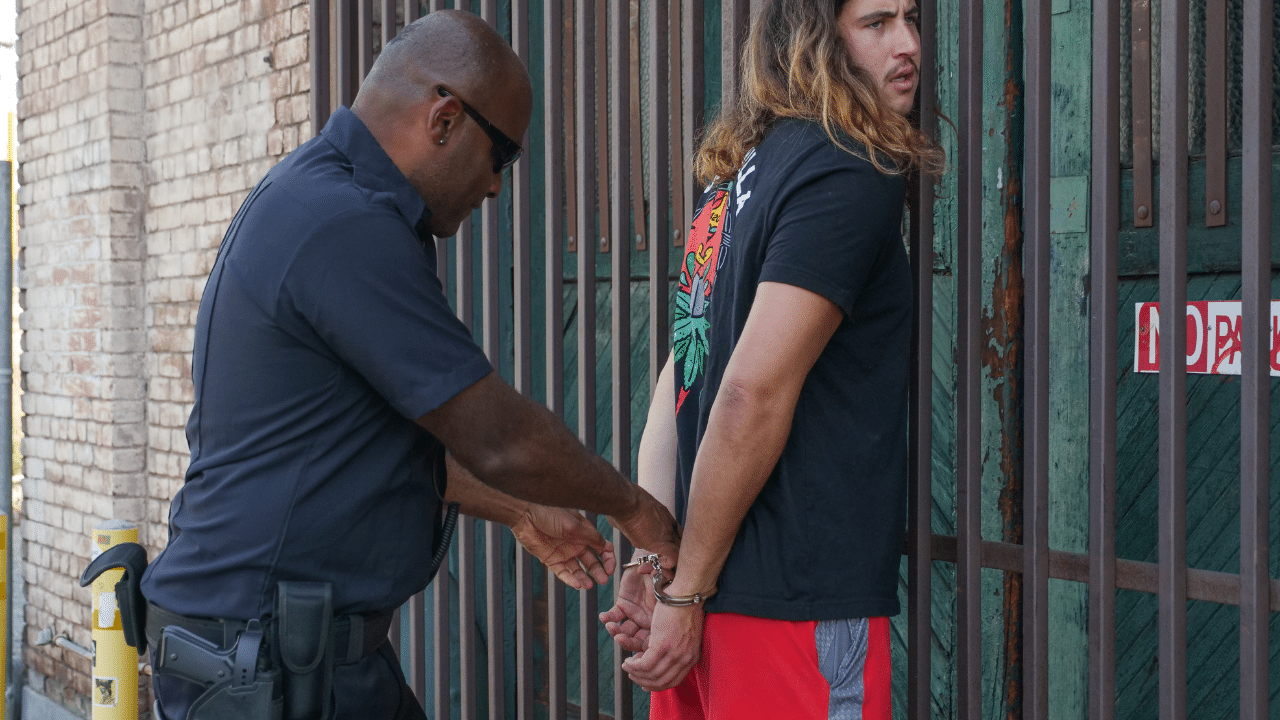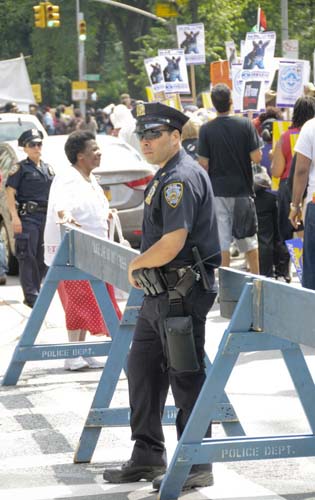In New York, disorderly conduct is considered illegal, even if it’s not always enforced. The violation may be brought when a person deliberately or recklessly sets out to cause a “public inconvenience, annoyance, or alarm.” Don’t just accept such a charge, though. You might want to hire a criminal attorney because a conviction will cost you money and could land you in jail.
In my experience, disorderly conduct has always been a tool that law enforcement uses, and this continues to this day. It can be construed as "catch all'' or this minor offense can be elevated to a higher charge. For example, there were times when an offender didn’t comply with our requests to cease the offending behavior – like unlawful assembly or drinking in public. In these instances, we would effect an arrest and issue a disorderly conduct summons.
Types of Behavior
According to the state of New York, a person may be hit with a disorderly conduct violation for any of the following activities:
- Fighting or some other violent or threatening behavior
- Making unreasonable noise
- Using abusive or obscene language/gestures
- Disrupting a lawful assembly or meeting
- Obstructing traffic
- Refusing a police order to disburse from a public place
- Creating a hazardous condition
As you might imagine, disorderly conduct violations are often associated with protests and counter protests.
When we charge people with a minor crime in New York, we issue what is known as a Desk Appearance Ticket. However, sometimes the NYPD will issue a Desk Appearance Ticket for disorderly conduct, even though it’s a non-criminal offense. More often, criminal court summonses (referred to as "C" summons) are issued for violations such as disorderly conduct as well as urinating, drinking in public, and jaywalking.
Penalties for Violation
Although it doesn’t rise to the level of being a crime under New York law, a conviction for disorderly conduct can lead to a maximum of 15 days in jail or a fine of up to $250. You may have to pay court fees or surcharges as well – and you will have a record that might be viewed by others, such as prospective employers.
Even more potentially costly than the violation itself, if your actions injured another person or caused property damage, you may be liable for medical bills or repairs. Such expenses could easily mount into the tens of thousands if you are sued. The best advice that I can offer to avoid such situations to begin with. In New York, the right to free speech and assembly are not valid defenses.
Possible Defenses to Disorderly Conduct
If you’ve been charged with a disorderly conduct violation, a criminal defense attorney may be able to successfully fight the case if you or your child are under the age of 16. Other defenses might include:
- Mental disease or defect
- Duress (meaning you were forced to behave in such a manner against your will)
- Justification (the disorderly behavior was required or authorized by law to avoid injury to others)
Bottom line, if you are out and about in New York City or participating in a protest, keep your actions in check. Avoid the behaviors considered by the state as rising to the level of disorderly conduct.




